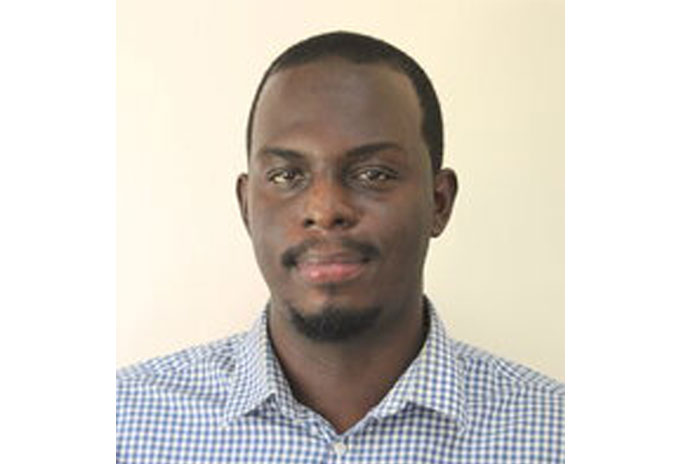When used for its intended purpose, social media brings incredible value to our lives. Tens of thousands of Belizean youth, including myself, use various forms of social media platforms for recreation, socialization, sharing knowledge, and keeping updated on the latest news stories, as well as for business transactions, and other purposes.
However, while social media has many benefits, there are also very harmful ways in which social media is being used today. Certain social media behaviors are outward manifestations of, or reflect some of, the deeper, harmful subconscious values in our society.
As in most countries around the world, Belizeans live in a society where, to a large extent, people tend to value their lives based on comparisons with the perceived success of others. The quest to “keep up with the Joneses” highlights the constant competition that can exist in a society. Although such social comparisons might have existed since the beginning of human civilization, the difference today is that, with the advent of social media platforms, these comparisons can be made swiftly, almost instantaneously, with thousands of people by just scrolling through one’s social media timeline.
Depending on a person’s mental disposition, the use of social media can promote envy, jealousy, hatred, low self-esteem, anxiety and even depression and other destructive mental states. The collective tendencies for either positive and uplifting or negative and destructive social media behaviors also reveal the collective mental disposition of the nation. People who use social media must be very careful not to fall prey to continuously generating negative feelings toward one another and judging each other based on superficial metrics.
Scientific researchers such as Dr. Joe Dispenza and many others have shown that extended use of social media and screen time on phones, TVs or computers is directly linked to feelings of anxiety and restlessness, due to the overstimulation of brain wave activity. Too much screen time or absorbing too much information all at once, especially negative content, can also cause subtle mental strain. I have found that the less time I spend on social media, the less time I spend consuming negative content, and the less time I spend incessantly scrolling for updates on other people’s lives, the more calm and relaxed I feel, and the more I can focus my mind on productive pursuits. If youths spend a little less time on social media, this would open up a window to engage in more creative, productive, and beneficial social and economic activities.
The increasing challenge is that more youths are becoming addicted to social media for extended hours, from the moment they wake up in the morning to bedtime at night. We add photos highlighting our best moments and our “best selves”. Some even present a social media persona that is often a false representation of their actual lives. This becomes a problem, since many youth who see these carefully edited photos of persons having the time of their lives with many friends, or on extravagant trips, in nice clothing, sipping on expensive drinks, often do not realize that these are just highlighted reels of people’s lives that they want you to see.
I say all this to note that those who are caught comparing their lives with the glamor of their peers on social media can feel a sense of sadness, pressure, a sense that their life isn’t good enough compared to those of others. It is important to remember that we are all in different stages of life. We all have our own unique paths to take, and we grow and achieve different things at different times. Constantly comparing your life to others on social media, or consistently portraying a fake self to measure up in a way that is different from your reality can be quite harmful to your mental wellness.
For many, the challenge to limit the use of screen time is difficult. Yet, there is far more to life in the real world, and building genuine positive connections with self, others, community is, I believe, more beneficial than endless hours of being absorbed on a screen. From personal experience, I have found that the more we engage in positive activities to heal and nurture ourselves, the less we become concerned about the opinions of others, or about having to fit in. In this way we can lessen our insecurities. Many highly successful and liberated individuals have advised that true freedom and happiness arise when we are free from the need to impress others, and free from generating or feeding any kind of addiction. This includes addiction to social media.
Of course, this is much easier said than done. I know from personal experience with social media, that it is very difficult to break old habitual patterns, and addictive behaviors. However, the first step towards change starts with awareness of these tendencies and the conscious and dedicated efforts towards change for better. If we do not shift from countless hours of staring at images on screens, we can be missing out a whole lot on the awareness and deeply rich experiences that life can offer.

